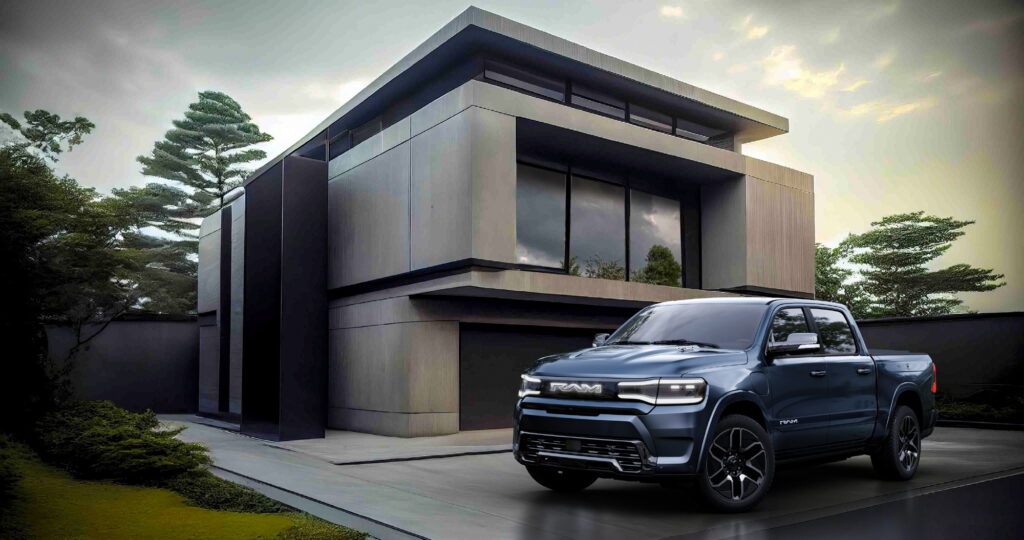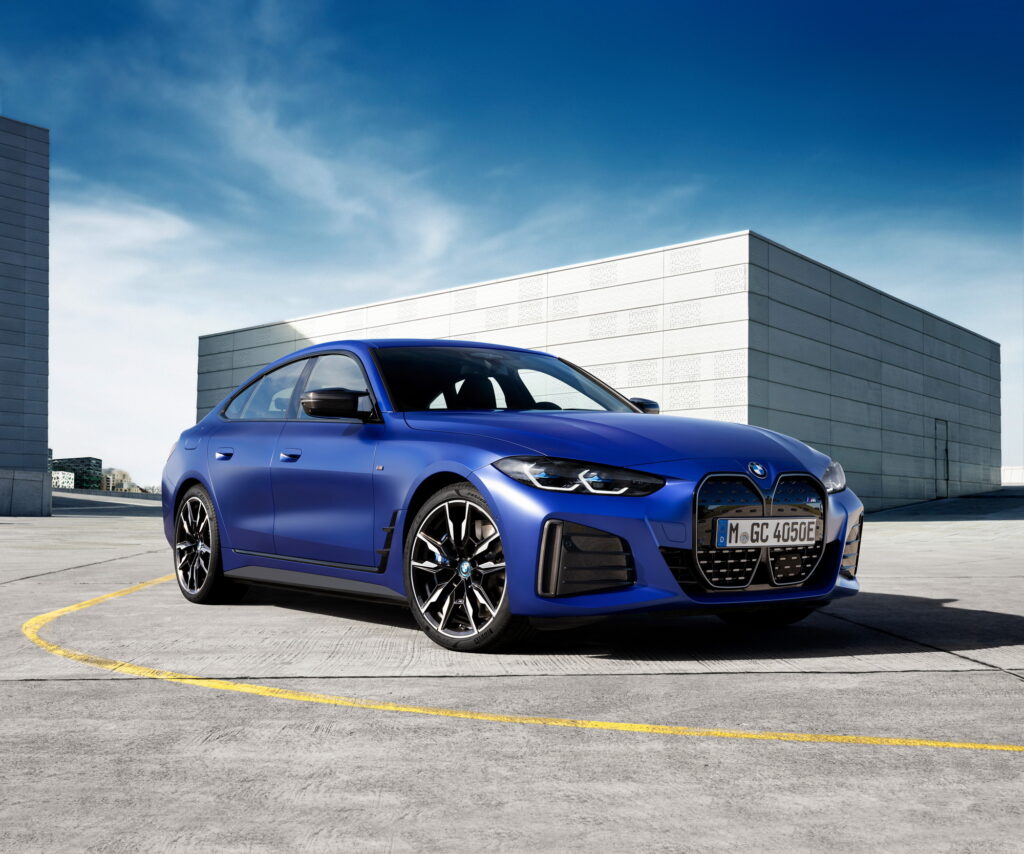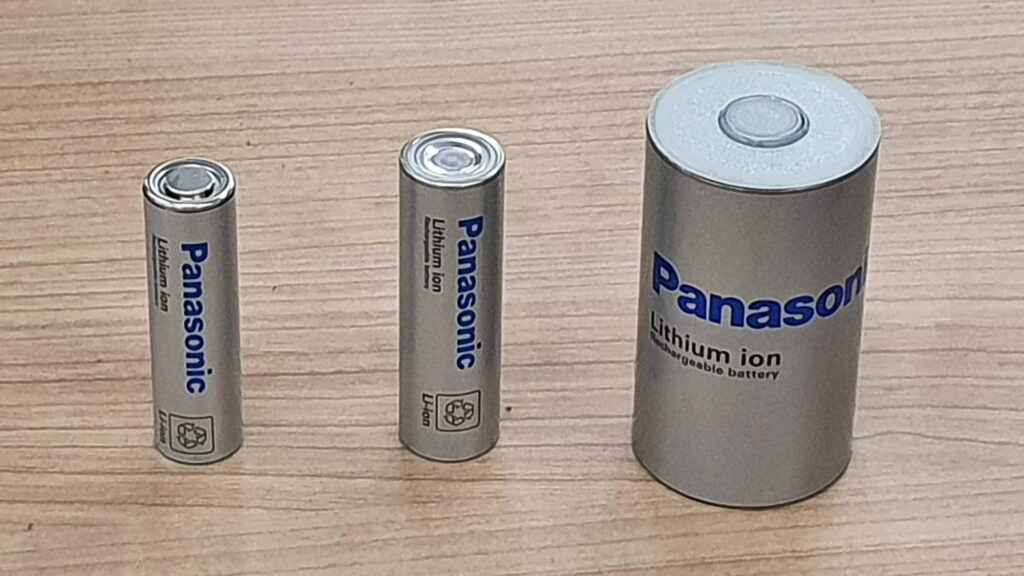Early talks between Panasonic and Stellantis have commenced, to give the automaker access to the supplier’s cylindrical battery cells for EVs. Separately, BMW is courting the company for the same reason.
Panasonic specializes in producing cylindrical-type battery cells for electric vehicles, as opposed to the rectangular or pouch-type batteries that some automakers opt for. The Japanese company’s main client so far has been Tesla, but now others are looking to work with it, and build plants in North America, reports The Wall Street Journal.
Unnamed sources told the outlet that it is in conversation with Stellantis to supply its vehicles with batteries. The conglomerate—which owns the Jeep, Chrysler, Ram, and Dodge brands, among others—has said it wants to operate three battery plants in North America.
Read: Panasonic To Build Large EV Battery Factory For Tesla In Kansas

Stellantis has already announced battery plants in Canada (partnering with LG Energy Solution) and Indiana (partnering with Samsung SDI Co.), and is expected to announce the third location before June.
Sources claimed that talks between Panasonic and Stellantis are still at an early stage, and there are many details to be worked out. It is unclear where the plant will be located, if it goes forward.
Meanwhile, BMW may be pivoting away from working with its Chinese partner as the political climate in the U.S. has led to stricter battery sourcing requirements. The German automaker previously said it would work with the U.S. division of China’s Envision AESC, but political tensions have made it more difficult for the country’s battery makers to operate in the U.S.
BMW admitted that it was in talks with potential suppliers for battery projects, but declined to elaborate further. It has previously said, though, that it is interested in using cylindrical cell batteries in future vehicles, and that it wants to build at least one battery facility in Canada, the U.S., or Mexico.
Cylindrical cell batteries are most closely associated with Tesla, and the new 4680 cell has been touted as the next step in battery design. Larger than the cylindrical cells offered in older Teslas, proponents say that the new technology is safer and more energy dense than other cell geometries.





